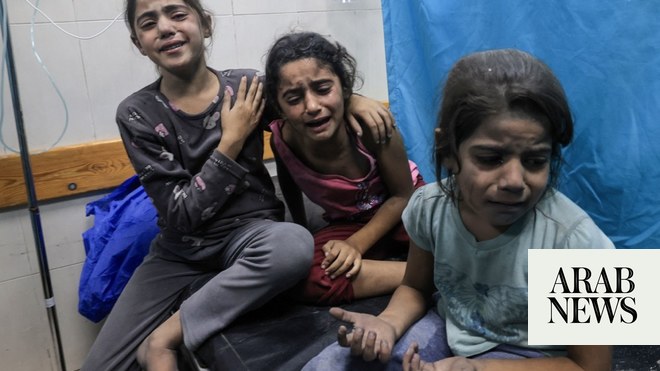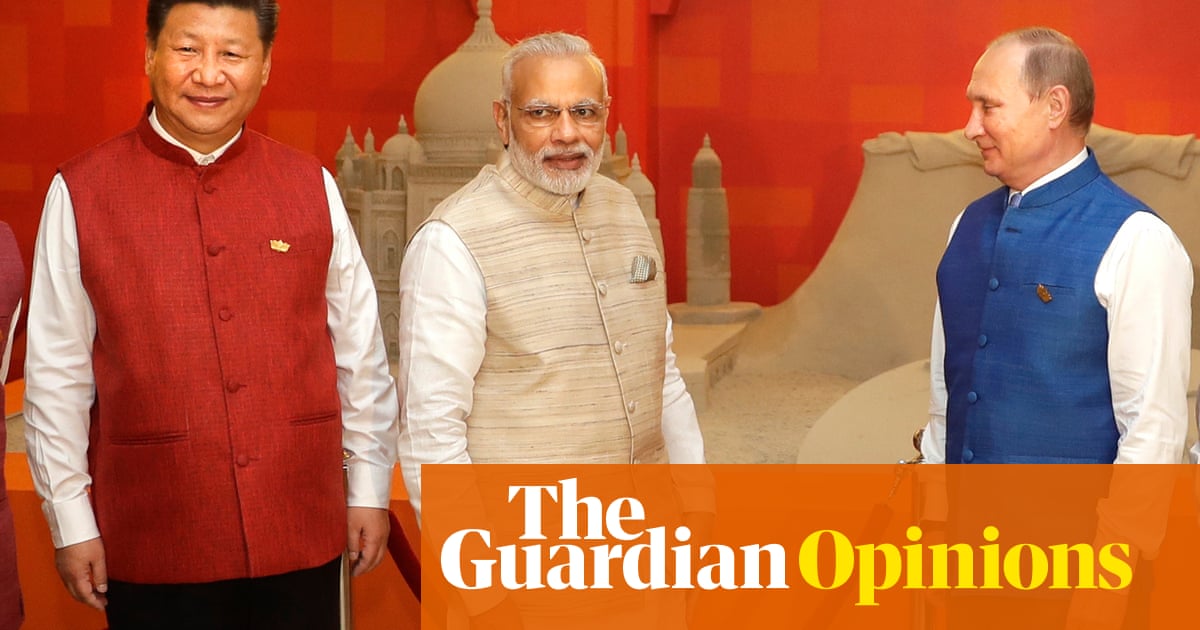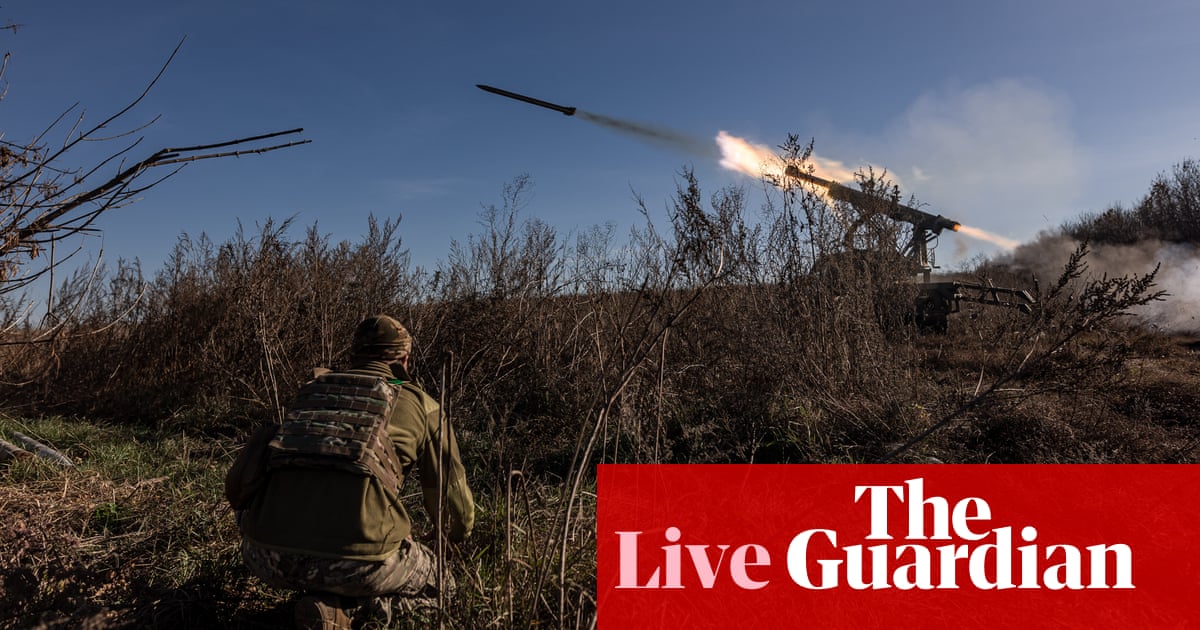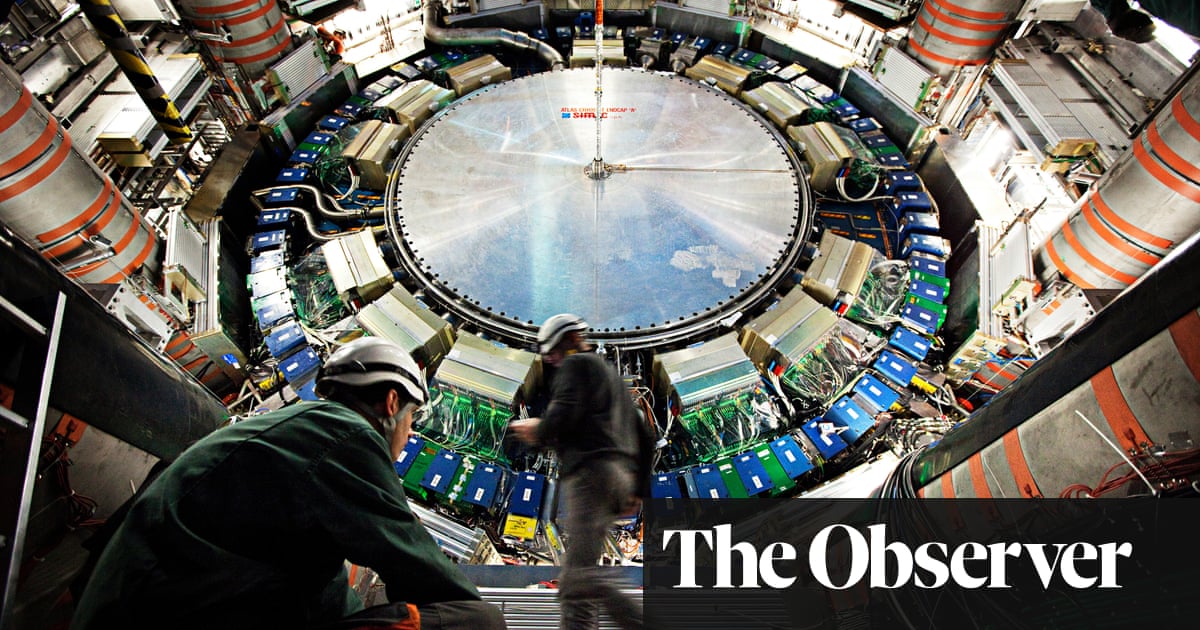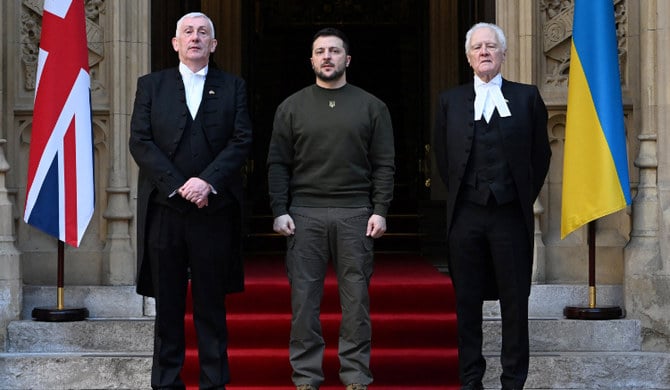
Russia this week discovered a “Ukrainian” drone close to Moscow and local authorities promptly canceled their May 9 Victory Day parade for security reasons. To what extent, so far, has the Ukraine war challenged Russia’s own security? And what is the particular symbolism of the security threat prior to Victory Day?
On Monday, a drone filled with explosives was found in a forest in the Bogorodsky district of the Moscow region. According to preliminary data, as reported by the Kommersant newspaper, it was a Ukrainian-made UJ-22 Airborne drone that was carrying 30 briquettes of C-4 explosive weighing 570 g each, for a total of 17 kg of explosives. The head of the Bogorodsky city district, Igor Sukhin, reportedly said: “This is not the first drone that has appeared in the Moscow region.”
A day later, three crashed drones equipped with cameras were found in different areas in the Moscow region, TASS Russian News Agency reported. According to a security forces source, all the drones were unmarked.
These are not the only examples of drones being retrieved inside Russia. On Feb. 28, the city of St. Petersburg imposed a 200 km no-fly zone around its airports amid reports of an unidentified flying object. In the south of Russia, there was an explosion at an oil yard in Krasnodar, while drones also reached the Bryansk and Belgorod regions, which share a border with Ukraine. Furthermore, another drone was identified in Kolomna, just 100 km away from Moscow. So, this week’s discovery was not the first time a Ukrainian drone had evaded Russian security, but it may have been the first to suggest a concerted effort to launch an attack, rather than just being for surveillance.
This month has already proved challenging for Russian security. On April 2, an explosion in St. Petersburg, Russia’s so-called cultural capital, killed the famous pro-war military blogger Vladlen Tatarsky. Dozens of others were wounded in the blast. Public opinion immediately pointed to Ukraine as the culprit and compared the bombing to last August’s killing of Darya Dugina, a nationalist TV commentator and the daughter of Aleksandr Dugin, a political philosopher who had long called for Russia to annex Ukraine. Darya was killed by the explosion of her Toyota Land Cruiser while she was driving near Moscow after a conservative festival. Meanwhile, Russian forces accidentally dropped a bomb on their own city of Belgorod this month. About 3,000 people had to be evacuated while the explosive was disposed of.
This week’s discovery was not the first time a Ukrainian drone had evaded Russian security
Dr. Diana Galeeva
A day after President Vladimir Putin’s 70th birthday in October 2022, the Kerch bridge, which connects Crimea and Russia, was blown up. Ukraine did not directly claim responsibility for the attack, but President Volodymyr Zelensky’s party linked it to Russia’s illegal occupation of Crimea. The bridge was a symbolic target, as the Russian media in 2018 called it “the construction of the century,” and it made a visible claim to Crimea being part of Russian territory. Satellite images showed that the explosion caused parts of the two-lane westbound carriageway to fall into the sea. The damaged section of the bridge was 274 meters long.
All these examples demonstrate how explosions have a symbolic as well as a material meaning. For this reason, the cancellation of certain Victory Day parades appears logical and understandable. The day itself has symbolic meaning, as the Ukrainian authorities have been depicted as “Nazis” and the parade marks the Soviet victory over Nazi Germany in the Second World War. Prior to the drones being found this week, Russia had already canceled celebrations in the Kursk and Belgorod oblasts, which border Ukraine. Victory Day celebrations have also been canceled in Crimea.
Perhaps the best Victory Day for both parties would be the beginnings of a mediated deal, but the prospects of this, which initially seemed so promising, have again been ruined. After the unexpected Iran-Saudi Arabia deal, arranged by China, there were some promising signs regarding the possibility of mediation in the Ukraine war.
However, recent European fury about comments made by the Chinese ambassador to France seems to have smashed any possibility of Europe considering China to be a neutral party in the conflict. The furor occurred after ambassador Lu Shaye questioned the sovereignty of former Soviet countries in a media interview. While Ukraine called Lu’s statement “absurd,” France, Estonia, Lithuania and Latvia all expressed their dismay.
Furthermore, the recent proposal by Brazilian President Luiz Inacio Lula da Silva to form a union of neutral nations to come together and mediate between Russia and Ukraine was criticized by Kyiv for offering equal weight to “the victim and the aggressor.”
With such developments, the further escalation of the Ukraine war is only more likely. As it is, global military spending reached more than $2.24 trillion last year, up 3.7 percent on 2021, suggesting the widespread heightening of security concerns. As one leading think tank, the Stockholm International Peace Research Institute, put it, we are facing an “increasingly insecure world.” Clearly this includes and adds to Russia’s security challenges and concerns.
• Dr. Diana Galeeva is a former academic visitor to St. Antony’s College, Oxford University (2019-2022). Twitter: @Dr_GaleevaDiana





